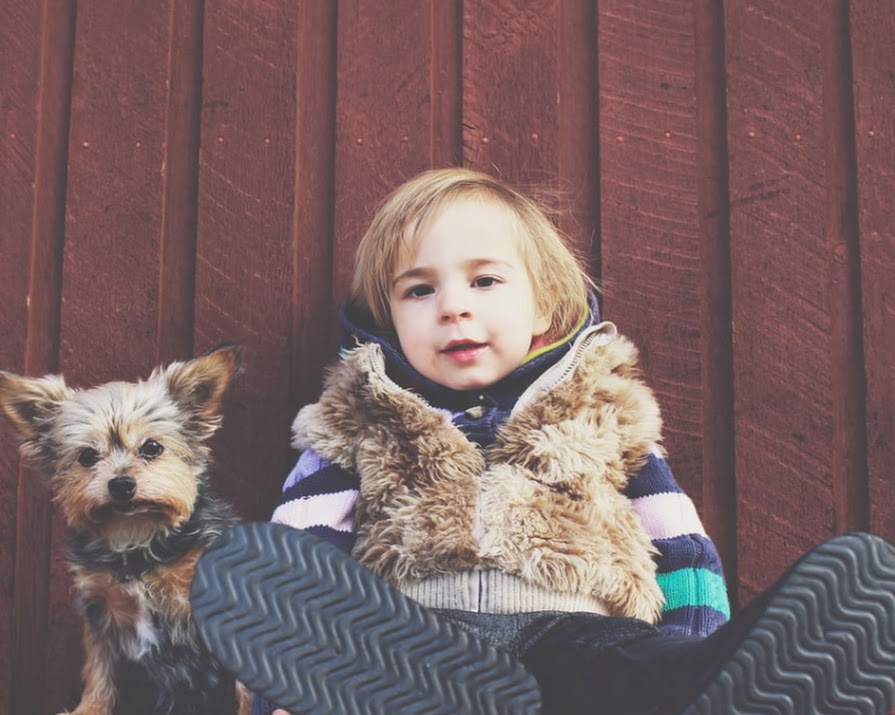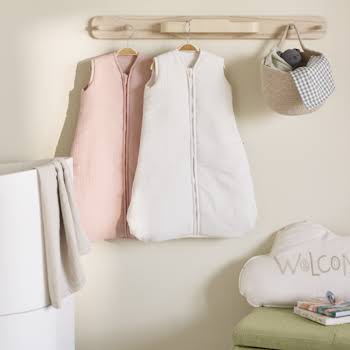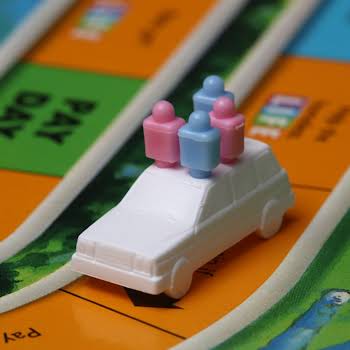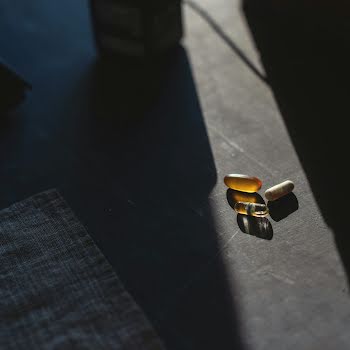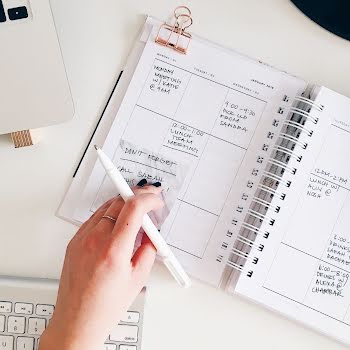
Children under lockdown: ‘Resilient or not, it is time to acknowledge that our children are not ok’
By Amanda Cassidy
17th Aug 2020
17th Aug 2020
The strict social restrictions have affected 1.3 billion children across the globe. School closures, isolation from friends, and reduced sociability may have a longer-lasting psychological impact than previously understood. But why is nobody talking about the children? asks Amanda Cassidy
I watch my daughter in the garden from the window where I type. Her mouth is moving and she’s holding the air beside her by the hand.
She’s five — the social butterfly in our little cocoon. And her happy, carefree demeanour is, after months without her pals, showing signs of loneliness that is hard to watch.
Tired of trailing after her older siblings, she now swings alone. She has less energy. She’s missing peers her own age and the shared world only they inhabit.
She’s retreated into herself — chatting mainly to her dolls and her new imaginary friend, Lisa.
Inventing a friend that doesn’t exist isn’t always a sign of loneliness, it is often simply a testament to the power of the imagination. Most children play with their toys and teddies as if they were alive anyway.
But I know my daughter. And I can see that the newest invisible addition to our family is borne out of the strong need to have friends around her. It is equally sweet and heartbreakingly sad.
What if I fall behind in school? What if my friends don’t miss me as much as I miss them? What if I can’t keep up at gymnastics when we get back?
Isolated
Older children with more complicated worries are also starting to wane under these circumstances. The novelty of the situation wearing thin. “Zoom calls help but it is not the same as interacting in the yard,” a mum from my daughter’s class points out.
Another says that lately she’s noticed her children flagging as lockdown restrictions continue. “My 9-year-old daughter is really missing the socialisation of school. She is sick of us and the repetition of it all.
“She sticks her head over the wall to talk to our adult neighbours at any opportunity. She will talk to anyone and everyone she meets on the road.”
A parent describes how her daughter has taken to writing a flurry of messages to her “worry monster” in the hope they can take them away for her. “She writes ‘what if I fall behind in school, what if my friends don’t miss me as much as I miss them, what if I can’t keep up at gymnastics when we get back?’ She’s my youngest and she is definitely struggling the most.”
Trauma
Recent research found that one in four children living under Covid-19 lockdown, social restrictions and school closures are dealing with feelings of anxiety, with many at risk of lasting psychological distress including depression. The survey by Save the Children involved over 6,000 children and parents across the US, Germany, Finland, Spain and the UK.
Of course, our children are lucky — there are many heartbreaking cases of children in unsafe circumstances suffering abuse and trauma elsewhere — but there is no denying that all children during the coronavirus pandemic have been treated as if they are the invisible friend in all of this. Trauma is often quiet, contained.
Joanna Fortune is a psychotherapist and author of the 15-minute parenting series. She says that children mainly take their coping cues from their parents or caregivers. “If you seem okay then the children will believe that things will be okay.
Through their games, they are giving us emotional breadcrumb trails.
“It might sound like parent blaming but if we, the parents, can have that effect, we can use it positively. Like on a plane, we should put our own mask on before we can help our children. Check yourself, mind yourself, and then the children can follow our lead. If we are calm and accepting, they will be too.”
Little minds
Joanna encourages using play to monitor how they are responding to the evolving situation.“Playing is the language of kids – how they work things through. Through their games, they are giving us emotional breadcrumb trails. It is a great tool if we want to know how they are coping with the current situation,” explains Joanna.
And it isn’t just parents that are beginning to express concern. Health specialists have also raised the alarm over the long-term consequences confinement will have on children’s physical and mental health.
How do you explain to children that you can take your dog out, but not your child?
Abnormal
In Spain, where children were kept indoors for over five weeks, cases are emerging of children now suffering with depression. One psychiatrist at the San Carlos hospital in Madrid who works with children made a good point in an interview during the confinement: “How do you explain to children that you can take your dog out, but not your child?”
This new normal is abnormal, particularly for children.
We read headlines that the coronavirus has largely spared children. Aren’t we forgetting the mental health impact of shutting down their world for so long?
As the pandemic drags on, it is hard to ignore the rising levels of stress permeating slowly inside each of us. There is little distraction for children from such grown-up worries.
And as the emergency part passes, the aftershocks begin. This is where we are trying to digest what’s just happened around us. This involves picking up the fragments of our previous life and sellotaping them back together. Our children watching on.
“My teenagers find the death and sickness tallies every day quite disturbing,” another parent tells me. “It’s brought on a few nightmares and big questions we find hard to answer. We are more aware now of the radio or news being on but to be honest, it is hard to escape mention of it, it is everywhere.”
Resilient or not, it is time to acknowledge that our children are not ok.
In the shadow of the virus
Of course, the family time, slowing down of life and learning new life skills are the silver linings in this pretty grim cloud. But we are not hearing about the slow unraveling of the only world we’ve known and what that means in the long-term.
Ireland’s roadmap for our new normal mentioned nothing about our children. It is clear that they are last on the long list of societal priorities right now.
Resilient or not, it is time to acknowledge that our children are not ok. That they shouldn’t be frowned upon for being out and about (or forced to walk on the road to let others walk past as one journalist experienced out on a walk with her brood).
Dirty little vectors, right? Stick them in front of the screens while the parents work from home. Be grand.
And while most of the children have, so far, been delighted to escape the rigid timetable we’ve created for them, let’s not ignore the cracks in their little worlds that are now beginning to show.
Image via Unsplash.com
Read more: Homeschool hell: I’m under so much pressure and its from the mum’s WhatsApp groups
Read more: 10 life hacks for surviving Coronavirus with children











